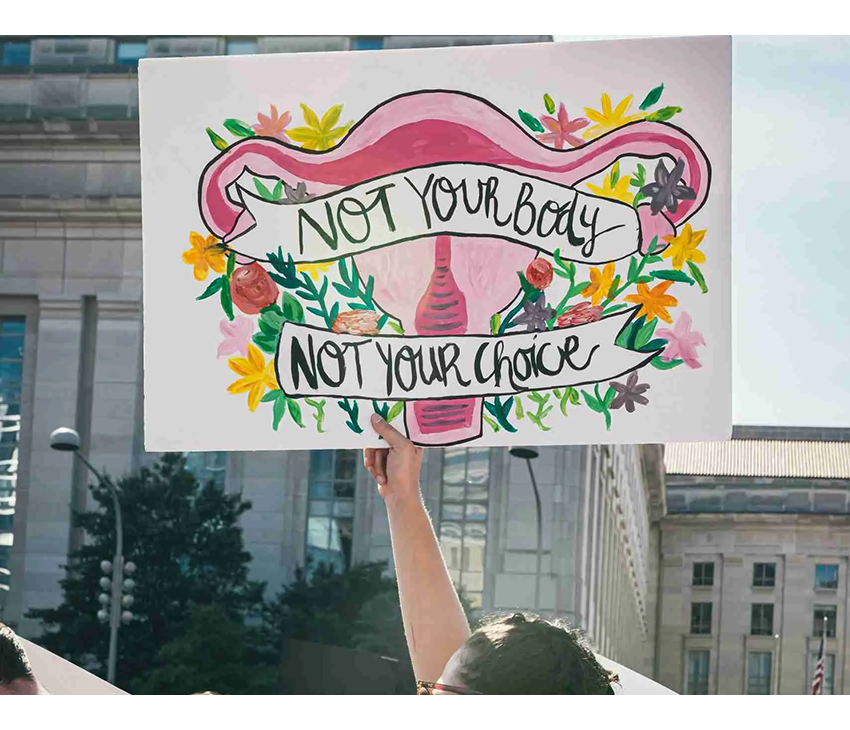The Freedom From Religion Foundation has filed a friend-of-the-court brief on behalf of the Secular Student Alliance in a case before the U.S. 2nd Circuit Court of Appeals defending a New York school district policy being challenged on religious grounds.
This case concerns one parent’s meritless, religion-fueled objections to the Skaneateles Central School District’s policy allowing students to request that their school call them by their preferred name and/or pronouns. The district provides a neutral policy that allows students to inform their school of their preferred address style, consistent with the longstanding school policy on nicknames. The policy is intended to ensure the learning environment is safe and welcoming for all students, including transgender and gender-nonconforming students.
The student at the center of the case, “Jane Doe,” was a seventh grader when Doe, who was assigned female at birth, followed the district’s policy and asked teachers to refer to them by a traditionally masculine name and “they/them” pronouns. Doe also sought counseling from the school’s licensed counselor, who developed a plan to ensure Doe had the support they needed at school. Doe did not initially tell their mother, Jennifer Vitsaxaki, that they had asked the school to call them by a different name/pronouns, likely fearing that she would react negatively.
Unfortunately, after learning of Doe’s choice to go by a different name and pronouns at school and seek counseling, Vitsaxakim, a member of the Greek Orthodox Church, pulled Doe out of the school and filed the lawsuit. She claims that the district’s policy is unconstitutional on its face, and that the school violated her right to free exercise of religion and interfered with her parental rights to direct Doe’s religious upbringing and healthcare decisions.
The district court didn’t buy Vitsaxaki’s arguments, instead ruling in favor of the district, holding that Vitsaxaki failed to show why the policy is unconstitutional or that it specifically violated her rights. Vitsaxaki appealed, represented by the aggressive Christian nationalist organization, Alliance Defending Freedom.
FFRF’s brief urges the appeals court to affirm the district court’s ruling and side with the school district.
First, the practice of allowing students to use nicknames, which are essentially preferred names, is embedded in American history and tradition. The district has formalized a policy that has existed for over a century. Anyone who grew up attending American public schools knows how commonplace nicknames are. Sometimes students’ nicknames have no connection to their legal name. Foreign exchange students often ask to be called by an “American name” that is clearly not their original legal name, and teachers and students accede to the request because using someone’s preferred name is a matter of respect and civility.
Vitsaxaki attempts to turn this American tradition on its head, claiming that the school’s policy is tantamount to indoctrination and interferes with Doe’s religious upbringing. Accommodating transgender and gender-nonconforming students’ name preferences doesn’t take away or harm anyone’s right to believe in or practice their religion, FFRF’s brief asserts.
Second, the district has a duty to protect the welfare and safety of all students, including transgender and gender-nonconforming students. New York state law and education policy require that public schools protect students from gender and sex-based harassment and discrimination. Allowing all students to request their preferred name/pronouns helps ensure that the school environment is an inclusive space where students feel comfortable learning. Both educators and youth psychologists recognize that using students’ preferred names and the corresponding pronouns is part of cultivating a positive learning environment. Not surprisingly, students learn better when they feel respected.
For all these reasons, FFRF averts that the 2nd Circuit should rule in favor of the Skaneateles Central School District.
“School policies that make all students feel safe and welcomed shouldn’t be struck down just because some parents are offended by inclusion,” asserts FFRF Senior Litigation Counsel Sam Grover. “American public schools have a long tradition of accommodating students’ preferences for how they are addressed in class. Religious backlash against these near-universal, common-sense practices is a result of Christian Nationalists cruelly turning LGBTQ-plus children’s existence into a culture war issue.”
The Secular Student Alliance (SSA) is an American educational non-profit organization that aims to educate high school and college students about secularism, scientific reason, and human-based ethics. It provides resources and support for students and their organizations and advocates for the separation of church and state.
The full FFRF brief can be read here.
The Freedom From Religion Foundation is the largest national association of freethinkers, representing atheists, agnostics, and others who form their opinions about religion based on reason rather than faith, tradition, or authority. Founded in Wisconsin in 1978 as a 501(c)(3) nonprofit, FFRF has more than 42,000 members, including more than 2,200 members and a chapter in New York. FFRF’s primary purposes are to educate about nontheism and to preserve the cherished constitutional principle of separation between religion and government.


